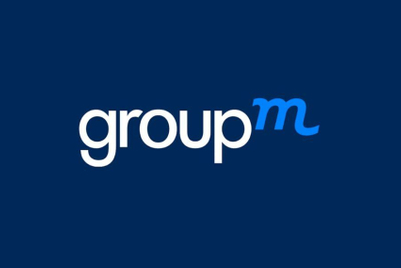
See all our 2016 year-in-review features: Brand crises; major appointments and departures; big launches; the best, worst and strangest ads; and more.
Today's list: We have a two-for-one special on brand missteps today: Our top 5 list from across the region, plus this special list of marketing-related incidents from China.
(The following list is in chronological order.)
Racist Qiaobi laundry detergent ad
Eyebrows were raised to the ceilng for this laundry detergent ad that shows a black man being turned into a pale-skinned Asian after swallowing a detergent capsule and spending some time in the washing machine. The apology by Qiaobi did not help to stifle the global condemnation when the company suggested that internet users and the media had been "over-analysing" the situation.
Air China's racist travel tips
The brand's in-flight magazine cautioned visitors against areas populated by "Indians, Pakistanis and black people" when visiting London, causing a storm of equal scale as the Qiaobi detergent ad. The airline later blamed editorial error for the grievances caused by the travel advice. China's state-run media defended its country's flagship carrier, saying it may be prejudiced, but not racist.

When pigs fly
Alibaba was accused of being insensitive to Muslim sentiments when it rebranded its travel booking app Alitrip to a name that means "flying pig" in Chinese (while its English name is Fliggy). Criticism posted by Uighur businessman Adil Memettur sparked a storm on Weibo, complaining that the word "pig" is taboo to Muslims but Alibaba did not take Muslim taboos into consideration.

Racy photos on Alipay
Another controversy hit Alibaba when female users uploaded sexy photos on its Alipay app’s “Circles” function. The monetised social-networking function allows users to earn digital cash based on the number of likes for their photos. Ant Financial’s executive chairman Lucy Peng apologized within a week and vowed to become more disciplined when introducing new features.

'Call a chick' for fried chicken
A fried chicken fast-food chain in China ruffled some feathers for its name "Call a chick"—a euphemism for hiring a prostitute in Chinese. A play on words gone too far, as the complaint got the attention of Shanghai Industry and Commerce Department for breaking China’s advertising law, which specifies that ads “hindering societal public order or violating good social conduct” and “containing pornographic, sexual, superstitious, terrorist or violent content” are forbidden.






.jpg&h=334&w=500&q=100&v=20250320&c=1)


.png&h=334&w=500&q=100&v=20250320&c=1)


.jpg&h=334&w=500&q=100&v=20250320&c=1)

.jpg&h=268&w=401&q=100&v=20250320&c=1)

.jpg&h=268&w=401&q=100&v=20250320&c=1)
.jpg&h=268&w=401&q=100&v=20250320&c=1)


